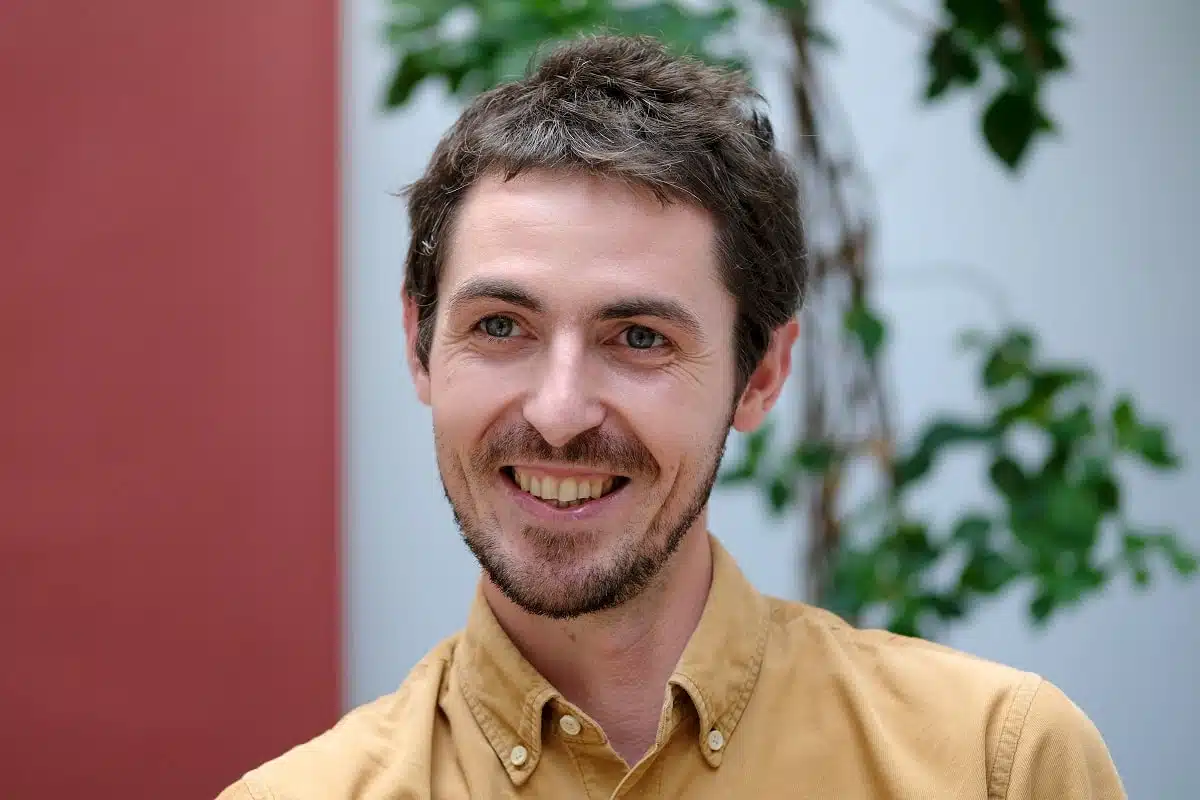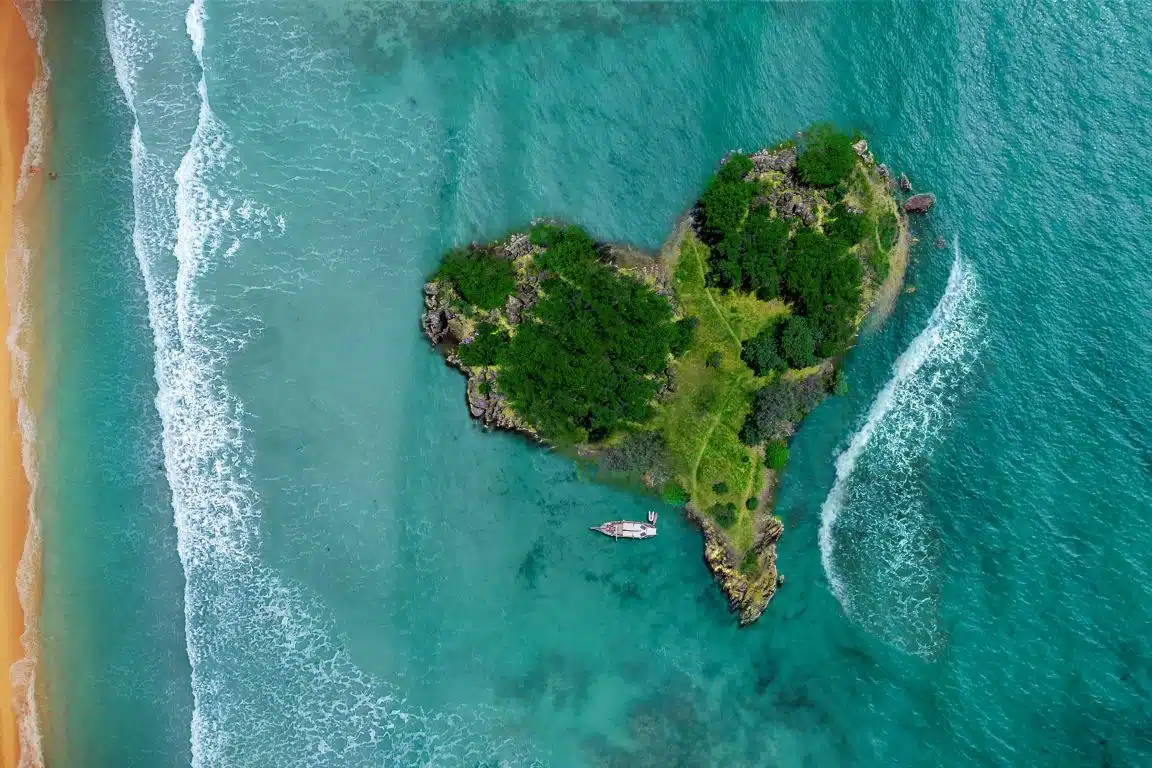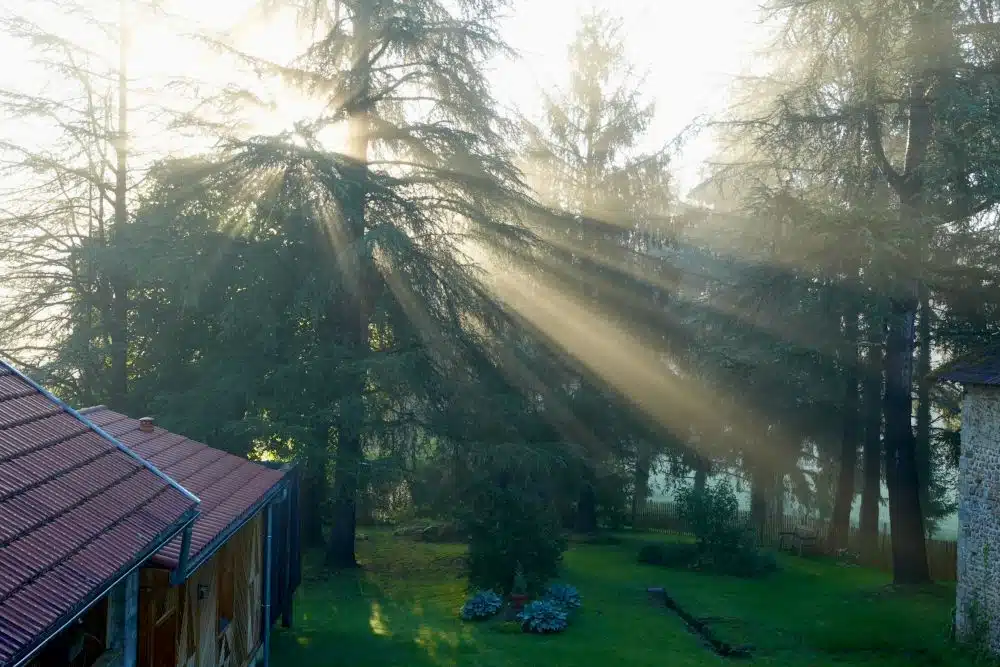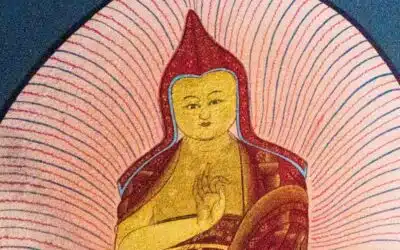A Dream Life

Written By Grégoire Langouet
Blog | Dzogchen practice | Reflections on life
In « A Dream Life », Grégoire wonders what the “right conditions” would be for practicing a spiritual path.
Series: Difficult conditions in Dzogchen
A Dream Life
When will the right conditions finally be in place? By this we mean the right conditions for beginning, continuing, and fully accomplishing our life’s journey. Because one of the apparent difficulties of our time is that everything is moving fast—too fast, we are told. There is too much speed, too much information, too many activities; and not enough time, space, or rest to practice and gradually integrate the vision of the Great Perfection. So when will the right conditions finally be in place?
If I were a prince or princess, a rich heir or heiress, with a lucrative job that required little time, then, I thought to myself, I could finally put the teachings of the Great Perfection into practice. Because in the hustle and bustle of everyday life—with the sensitive colleagues, children’s activities, and family commitments—it’s hard to find the time to walk a spiritual path and refine my view of reality. For that, I would need better conditions.
“Ultimately, however, conditions remain conditions, and are impermanent, transitory, and illusory, whether we judge them to be good or bad.”
Let’s picture it more precisely: a vast estate by the sea, a breathtaking natural landscape. Centenary trees, cliffs plunging into translucent waters, the immensity of the deep blue sky. Being in the shade, a refreshing breeze touches my skin, birds amaze me with their songs, and squirrels frolic around me. I am in perfect health, handsome, wealthy, and completely free with plenty of time. Everything is at my disposal. My senses are satisfied. All I have to do is wish for something, and it comes true. It’s a dream life. So there we have it: good conditions, finally. But is this really the case from perspective of the Great Perfection?
If so, why would I need to practice a spiritual path? Nothing calls me to it. Without the slightest constraint, everything seems to be able to last forever in this paradise: no old age, sickness, or death on the horizon; no material constraints at all. In this total comfort, which modernity has more or less spoiled us with, we do not necessarily see the point of walking a spiritual path, a path of transformation of our own mind, of discovery of our deepest being.
According to the tradition, this quasi-divine condition, seems enviable, but it is actually an obstacle on the path. Some of these obstacles are called the four māras (bdud), the “demons” that clutter the path and prevent us from advancing toward recognizing our fundamental nature. In this case, it is the māra of the sons of the gods (Skt. devaputramāra; Tib. lha’i bu’i bdud). All the pleasures of the senses are satisfied. We live in perfect carefree bliss, eternally, in a kind of luxurious spa, in the Champs-Elysées, or in Shangri-la—an artificial paradise?
Under these conditions, no practice is undertaken since death is not part of our horizon and we reject any deep questioning about our real condition. If by chance we do think about it, we always put it off until later, in indefinite procrastination. But without going to the extreme of the divine paradise, wouldn’t this simply be the usual living conditions for many of us? This is the temporary condition—with infinite variations—of cyclic wandering, or saṃsāra, a condition of which we have not integrated an absolutely fundamental principle: impermanence. Nothing lasts. Everything passes. Even a dream life.
But, then, what are the right conditions for walking the path of Dzogchen?
This does not mean, at the other extreme, that we must live in war zones or be starving to practice the Great Perfection. While difficult conditions can accelerate our integration of the view and our practice of the Great Perfection, we still need to be in “good” conditions. Relaxation and gentleness provide the necessary space to refine our vision of reality. Maslow’s hierarchy of needs reminds us that most of us must first meet certain basic needs before engaging in deeper questions about the nature of our existence, as proposed by Dzogchen.
Ultimately, however, conditions remain conditions, and are impermanent, transitory, and illusory, whether we judge them to be good or bad. The non-duality of good and bad then becomes obvious: so called good and comfortable conditions can lead me to never question myself, nor practice; conversely, difficult conditions—death, sickness, loneliness, job loss, or worse—can be like a reminder of the fundamentally impermanent nature of our condition, a spur that awakens us and reminds us of the view of Dzogchen. Thus, good can turn out to be bad, and bad can turn out to be good, because both are ultimately both are of the same nature. So what, in the end, are “good” conditions for the Great Perfection? None, all, both, and none of these at the same time. From the ultimate point of view of the Great Perfection, whether conditions are judged good or bad, it makes no difference. But from our point of view, that’s another story…
More Posts
Being Your Own Master
Relationship with a master requires discernment. “Being your own master” offers insights into understanding devotion and avoiding pitfalls.
Phenomena
"Phenomena" is the second entry in a new category designed to improve understanding of essential Dzogchen words and concepts.
The Story of the First Masters: Manjushrimitra
We continue the Stories of the First Dzogchen Masters with Manjushrimitra, who structured the verses of Dzogchen into three series.





